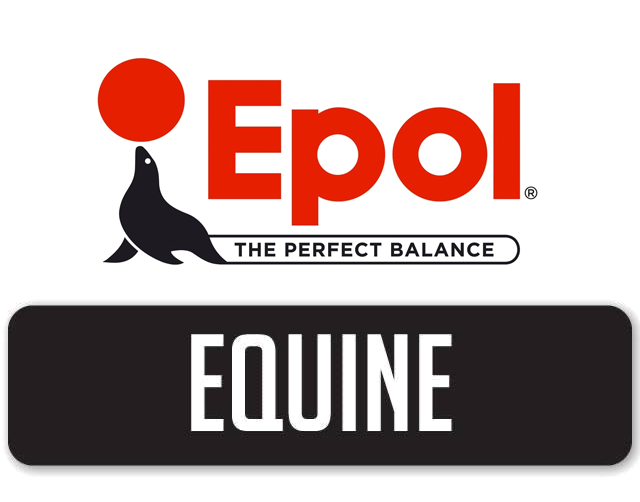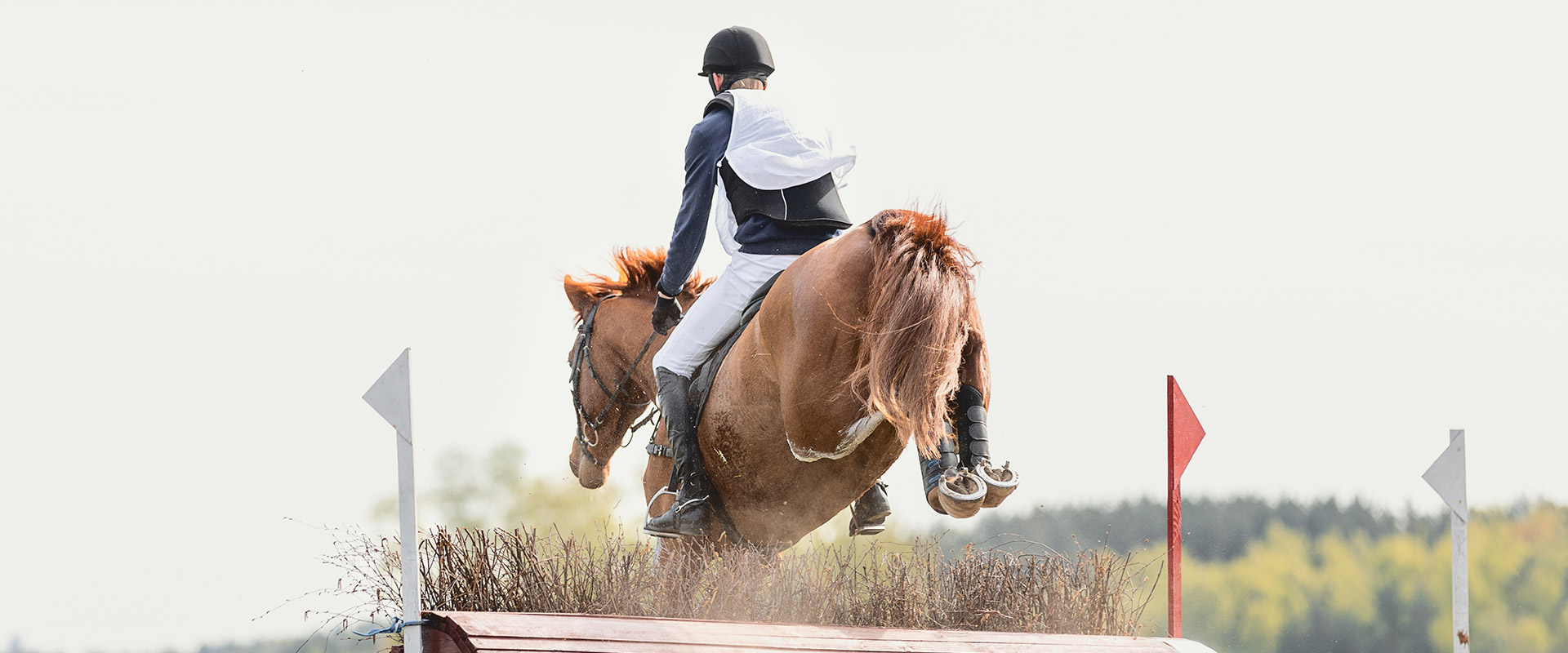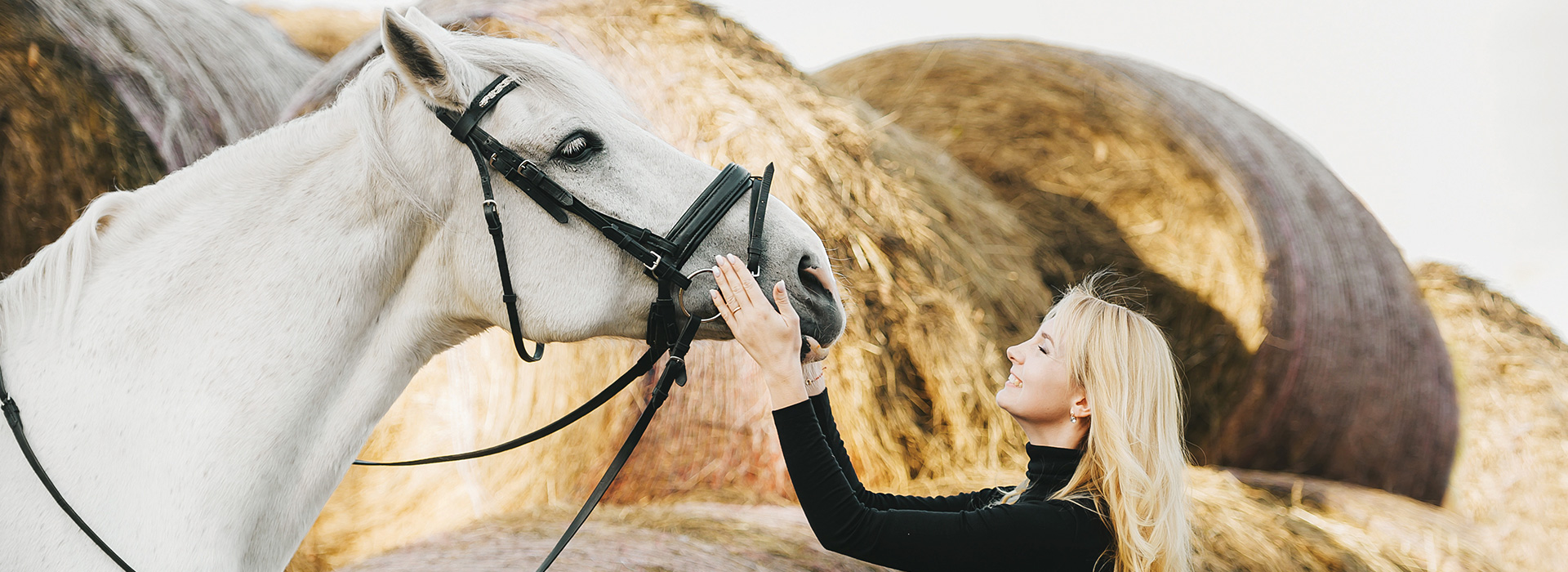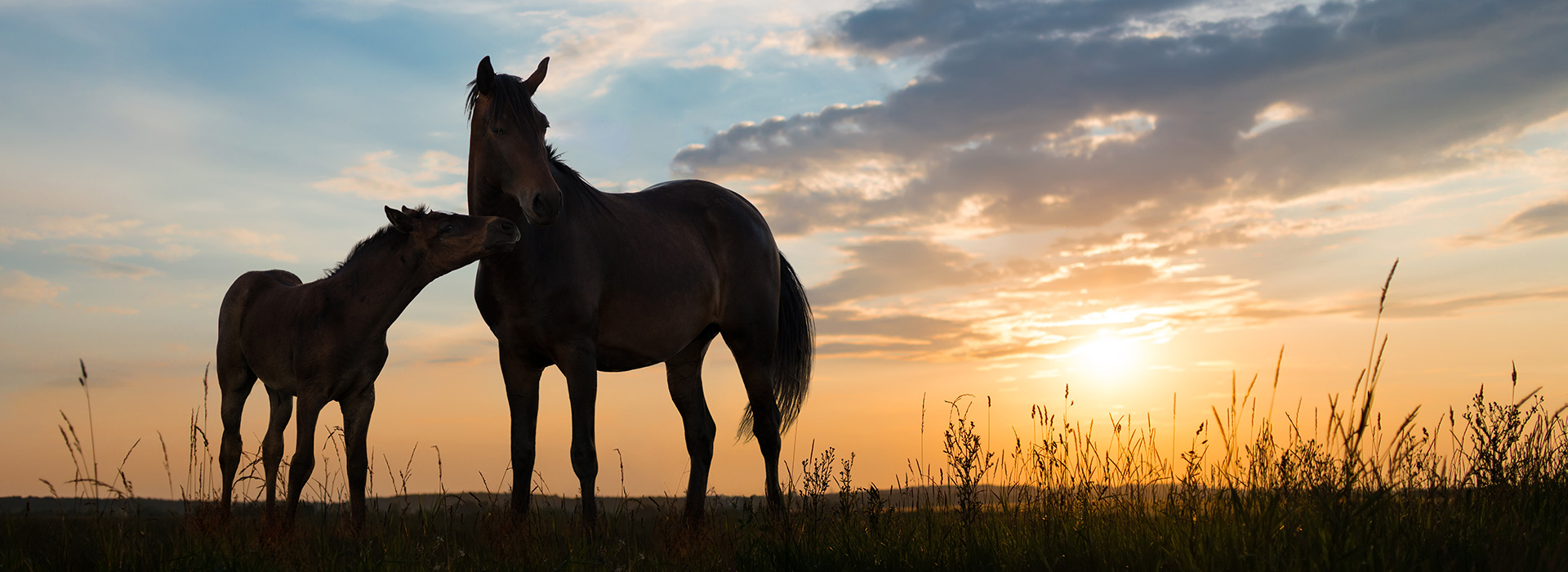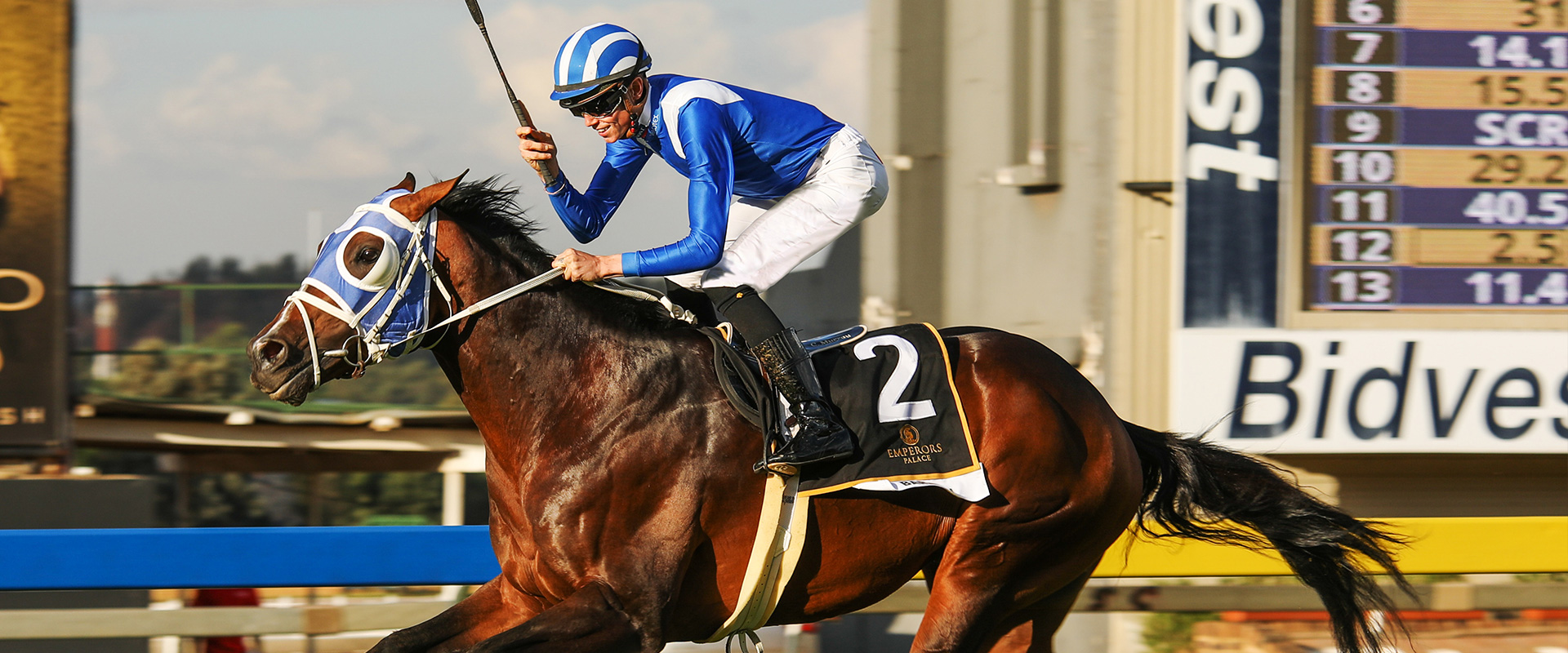In previous articles we have discussed feeding horses for Weight Gain, but what happens if a horse struggles to keep his weight down? Feeding for key nutrients, whilst maintaining digestive health all without supplying excess calories can be quite tricky and requires commitment from all involved with the specific horse. Does my horse need to lose weight? The easiest way to assess this is to do a body condition score. Horses scoring over moderately fleshy (or a 6) in any of the areas of assessment should be put on a weight loss diet.
Also check for Fatty deposits in the following areas
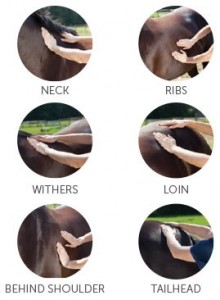
Example of a Cresty Neck
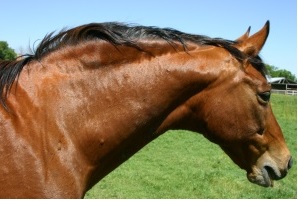
Examples of fatty deposits on the hindquarters
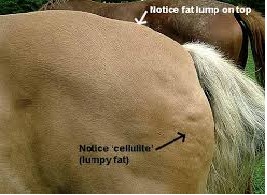
Where to start?
As with humans, the best way for a horse to lose weight is to take in fewer calories than it uses. Therefore, the aim is for the horse to simply consume less calories, expend more calories through exercise, or a combination of both. Remember, however, that loss of weight will take time. In fact, it will probably take more time for your horse to lose weight than to gain weight simply because one needs to be more careful about cutting calories too quickly. Aim to have your horse lose weight over a 3 – 6 month period, even longer if it’s a large amount.
Consuming less calories
For most horses, the logical first step for weight loss programs is to cut the unnecessary calories from concentrate or “bucket feed”. This includes treats and any other extras provided. This is often hard for many owners who feel ‘mean’, but in the long run your horse will thank you. The reason for cutting horses’ concentrates is that most contain a high level of Non Structural Carbohydrates (NSC) which include sugars and starches. These ingredients can be a problem for horses prone to weight gain and are especially important to avoid in overweight horses with laminitis, IR and even Cushing’s Disease. Further, concentrate feeds contain more calories per kg than hay and thus are calorie rich, an unnecessary option for horses needing to lose weight. Cutting concentrate food altogether from the diet can leave the horse at risk of being slightly short of key nutrients such as protein, vitamins, and minerals. For those on a strict weight loss program, a small handful of chaff and a Vitamin and mineral powder will help to keep a horse covered in terms of the essentials. For those able to have a little more, a product like Equus All Time Balancer is a good way of providing protein, vitamins and minerals without adding unnecessary calories. Bear in mind that not much is needed; around 100g per 100kg of body weight per day is more than sufficient.
Another option to facilitate weight loss is to cut traditional concentrates but feed a super fibre alongside hay and grazing. Beet type products are ideal as they provide a lot of fibre in a small amount, thus allowing the horse’s gut to be kept happy without providing too many calories. These can also be fed alongside a Balancer or Vitamin powder. Feeding a super fibre before turnout can also help, as the bulk of the fibre will fill the horse, making him less likely to gorge on grass. If a horse is in good condition but of a breed prone to being overweight or with issues such as Laminitis, a feed like Equus Safe ‘n Lite is an excellent option as it offers a low NSC diet which is ideal for these horses.
Each case is different and remember that Equus offers a free consultation service and free home visits to assist in getting your horse on the right track.
Keep the Hay
This is a must! While more hay can help a horse gain weight, hay cannot just be taken away to assist a horse in losing weight. Horses need at least 1% of their body weight in hay per day, (idealy 1.5%) to help care for the gut and ensure it functions properly. Feeding below this 1% mark can cause serious digestive problems, as well as boredom-related behaviours, such as wood chewing or pawing.
The solution is in finding a hay source with lower nutritional quality (though still free of mould, dust, foreign objects, etc.). Lower nutritional quality hay (generally a more mature cut of hay – a supplier should provide details) could be fed in slightly higher amounts of closer to 1.5% of body weight, potentially offsetting boredom. If it is impossible to obtain nutritional specifications on the hay then soaking hay is an option. Soaking (fully submerged under water) for 1-3hrs in cold water has been shown to reduce the amount of sugar and starch in the hay. The process can be sped up by using warmer water. The hay should drip dry before feeding.
What about Grazing?
Pasture is often a diet issue for many horses particularly if horses graze freely. If counting a horse’s calories, it is difficult to estimate feed intake from grazing, and therefore the amount of calories the horse is ingesting. A grossly obese horse should not have access to any pasture, while a moderately fat horse should have only limited access at most, either through management (reducing the hours per day a horse gets out at grazing) or through the use of a grazing muzzle.
Grazing muzzles effectively allow a horse the benefits of being at pasture (including the access for free exercise and social interaction with other horses) while limiting its ability to consume rich pasture grasses (including sugars and fructans). Many owners look at grazing muzzles as cruel contraptions, but for those who have seen a horse with laminitis, grazing muzzles are a humane alternative. Introduce the muzzle carefully and if a horse is really unhappy, look at turnout in an arena or smaller area.
Avoid draught paddocks with very little grazing as quite often the grasses in these paddocks are in survival mode and thus hold on to sugar and starch to survive. This means that although there might not be much grass, the grass there is, is very high in sugar.
Increase exercise
Ideally, horses on a weight loss diet should also have their workload increased. Sometimes this is not possible due to conditions such as laminitis from being overweight but in most cases it is possible to include more work to boost the weight loss progress.
Start slowly
Where a horse isn’t used to much work, increase workload over time. Start with light walking, increasing to trot and canter work as the horse improves in fitness. Even if your horse is not in the best of health, if they can walk, then even in-hand walking can improve overall metabolism.
Make changes if a horse is already in work
Often when owners increase their horse’s workload, they simply add more days of the same sort of work. However, it is far more valuable to add different exercise to the routine. When horses are accustomed to a set routine (eg an hour’s ride including walk, trot, canter, jumping) adding more of the same doesn’t necessarily use more calories as the body is already used to doing these activities. Trying new things, however, can be more challenging for the horse’s body and thus help him lose more calories. A useful tool for increasing workload without overdoing things is to “cross-train.” This may include hill work one day, “sprints” another (10-second intervals at higher intensities, even at a trot if the usual ride is only at the walk), or even just a long hack through the woods. If there is not time for a full ride, try lunging twice per day, rather than once. Remember, as with feeding, all changes, including an increase in exercise training, should be introduced slowly.
Lazy Steeds
A common problem for the owners of overweight horses is that many of these horses are also lazy. This makes it particularly difficult to give them a hard workout. Many owners, therefore, look to nutritional changes or energy supplements to increase the “spirit” level of their horse. Unfortunately adding more food simply worsens the problem as more food means more calories. Unfortunately, there are no products available to increase the motivation for a horse to be more active during a ride. The best way to counteract a lazy horse is to get it fitter and leaner, through regular exercise. As horses lose weight, they will be able put more effort into the exercise and less into carrying around their excess weight.
Conclusion
As with all changes to the horse’s diet and routine, weight loss should be done gradually. Some serious health issues can result if horses lose weight too quickly. The best advice for horse owners is to keep at it and to be tough. Though it may be difficult to keep a pony from his grazing or watch him look forlornly at the other horses at meal time, remember being overweight can cause serious issues.
